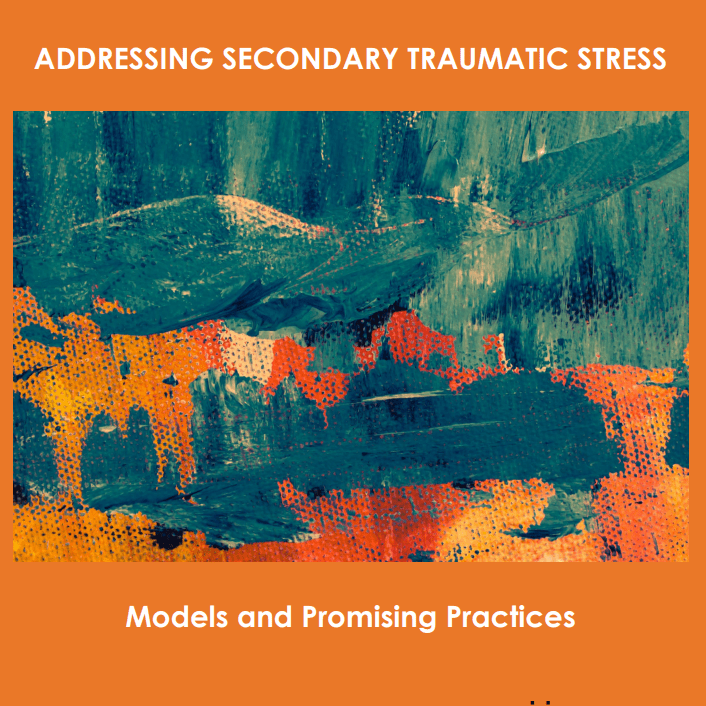Maine Health Access Foundation: April 2021
A new data brief developed with the University of Southern Maine presents an analysis of barriers to behavioral health care for adults in Maine and sheds light on the impact socioeconomic disparities have on Maine people’s ability to obtain and afford timely behavioral health services.
Montana Healthcare Foundation: April 2021
The call for proposals funds projects that fall within three broad focus areas: Partnerships for Better Health, American Indian Health, and Behavioral Health. To be considered, projects from eligible organizations must meet our selection criteria.
Addressing the Mental Health Epidemic: Mindfulness, Healing, and Resiliency Strategies
This timely conversation dives into the current mental health landscape; highlights cost-effective, prevention-oriented programs; and shares insights on the future of mental health and roles for health funders.
Mental Health and Substance Use Funders Roundtable
This networking session offered an overview to connect and learn from other funders working in the Behavioral Health Funders Network and the Substance Use Funders Collaborative.
Care Partners: Bridging Families, Clinics, and Communities to Advance Late-Life Depression Care – Lessons Learned
On this webinar, participants joined GIH for an important conversation about the successes and challenges in implementing collaborative care interventions, the key lessons learned to date, and next steps to improve late-life depression care.
Defeating the Deadly Double: Depression and Diabetes
Inadequate access to mental health services, diabetes, and obesity are the top-ranked critical service gaps in virtually all community health needs assessments conducted by local health departments and nonprofit hospitals throughout Virginia. Diabetes and depression are also among the top three conditions treated in Virginia’s health safety net organizations.
Addressing Secondary Traumatic Stress: Philanthropy’s Role in Fostering Grantee Resilience
Grantmakers Concerned with Immigrants and Refugees recently conducted a national research study on models and promising practices in addressing secondary traumatic stress. The full report and funder summary provide an important review of the field and recommendations on how funders can best support grantee organizations.






